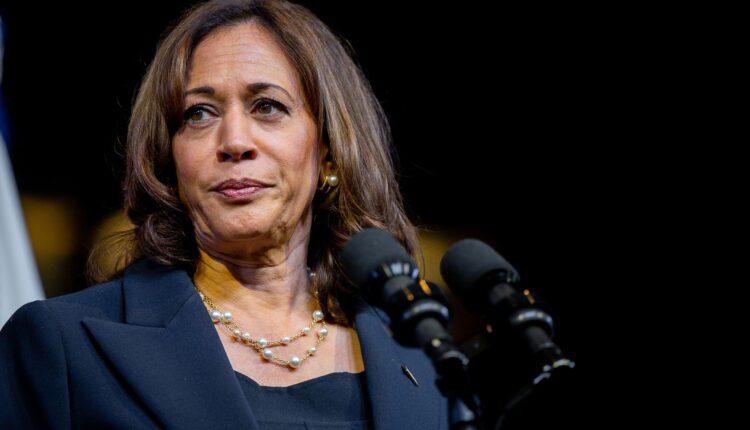
Where Are the Democrats Now? Reacting to Trump’s Cannabis Support
As former President Donald Trump’s unexpected endorsement of cannabis and Amendment 3 reverberates across the political landscape, Vice President Kamala Harris and the Democratic Party find themselves at a critical juncture. Trump’s public support for cannabis has ignited a wave of speculation and anticipation, prompting a reevaluation of drug policy and legalization initiatives within the Democratic Party.
Amidst this shifting political landscape, the Democratic Party is without a doubt now facing scrutiny for its perceived stagnation on cannabis reform during the past four years of the Biden administration. The party’s perceived inaction on cannabis reform has raised questions about its commitment to progressive drug policy initiatives. The recent announcement by the DEA of an Administrative Law Judge (ALJ) hearing to delay rescheduling cannabis until December 2, 2024, has further intensified the scrutiny on the Democratic Party’s stance on drug policy.
The DEA’s decision to postpone the rescheduling of cannabis has forced the Democratic Party and Kamala Harris to address this issue head-on during the upcoming election season. With public opinion and political dynamics shifting in response to Trump’s advocacy for cannabis, Harris and her colleagues must navigate a complex landscape of drug policy reform to effectively respond to this development.
As the Democratic Party grapples with the implications of Trump’s support for cannabis, the ALJ hearing delay, and the need to address its stance on drug policy, Harris’s leadership and strategic acumen will be put to the test. The intersection of Trump’s endorsement, the DEA’s delay, and the Democratic Party’s evolving position on cannabis sets the stage for a pivotal moment in drug policy reform and political discourse.
The urgency and complexity of the Democratic Party’s response to recent developments, highlight the challenges and opportunities that lie ahead as they navigate the evolving landscape of drug policy and political strategy.



